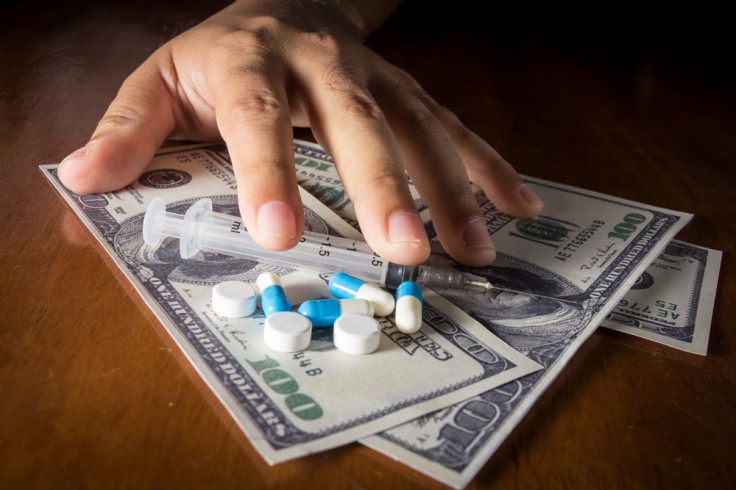Managing Diabetes: Economic Insecurity Still A Major Issue Impacting Diabetes Management

After being diagnosed with diabetes, people often have to consider a complete overhaul of their daily life in terms of what they eat, how much they exercise, and what medication they have to start taking. More often than not, proper diabetes management is more difficult for people with economic insecurity. A recent study published in JAMA Internal Medicine has added to previous evidence suggesting that Americans suffering from diabetes who have trouble paying for food and medication also struggle with managing their condition.
"Health care systems are increasingly accountable for health outcomes that have roots outside of clinical care,” the research team said in a statement. “Because of this development, strategies that increase access to health care resources might reasonably be coupled with those that address social determinants of health, including material need insecurities. In particular, food insecurity and cost-related medication underuse may be promising targets for real-world management of diabetes mellitus.”
Researchers led by Dr. Seth A. Berkowitz from Massachusetts General Hospital recruited 411 patients who were receiving treatment at a primary care clinic, two community health centers, and a specialty treatment center for diabetes between June 2012 and October 2013. Poor diabetes management was measured by hemoglobin A1c, low-density lipoprotein cholesterol level, and blood pressure. Overall, 19.1 percent of patients reported food insecurity, 27.6 percent reported an inability to purchase necessary medication, 10.7 percent reported housing insecurity, 14.4 percent could not afford utilities, and 39.1 percent could not afford at least one material need.
While patients who reported food insecurity were often unable to manage their diabetes and showed an increase in outpatient visits with no increase in emergency department and inpatient visits, patients who reported an inability to purchase needed medication were also unable to manage their diabetes but had an increase in emergency department visits and no increase in outpatient visits. Patients with an increasing number of economic insecurities were at a higher risk for poor diabetes management and increased health care use.
Increasing a patient's access to health insure offered by the Patient Protection and Affordable Care Act may not help with managing diabetes due to social determinants of health, the research team concluded. Social determinants of health, including an inability to pay for healthy food, proper medications, housing, or utilities, are not within the bounds of medical practice. Diabetes patients do have resources to assist them with paying for medication, such as Rx Assist, Needy Meds, Partnership for Prescription Assistance, Rx Hope, and Benefits Check Up.
Source: Meigs J, DeWalt D, Berkowitz S, et al. Material Need Insecurities, Control of Diabetes Mellitus, and Use of Health Care Resources. JAMA Internal Medicine. 2014



























